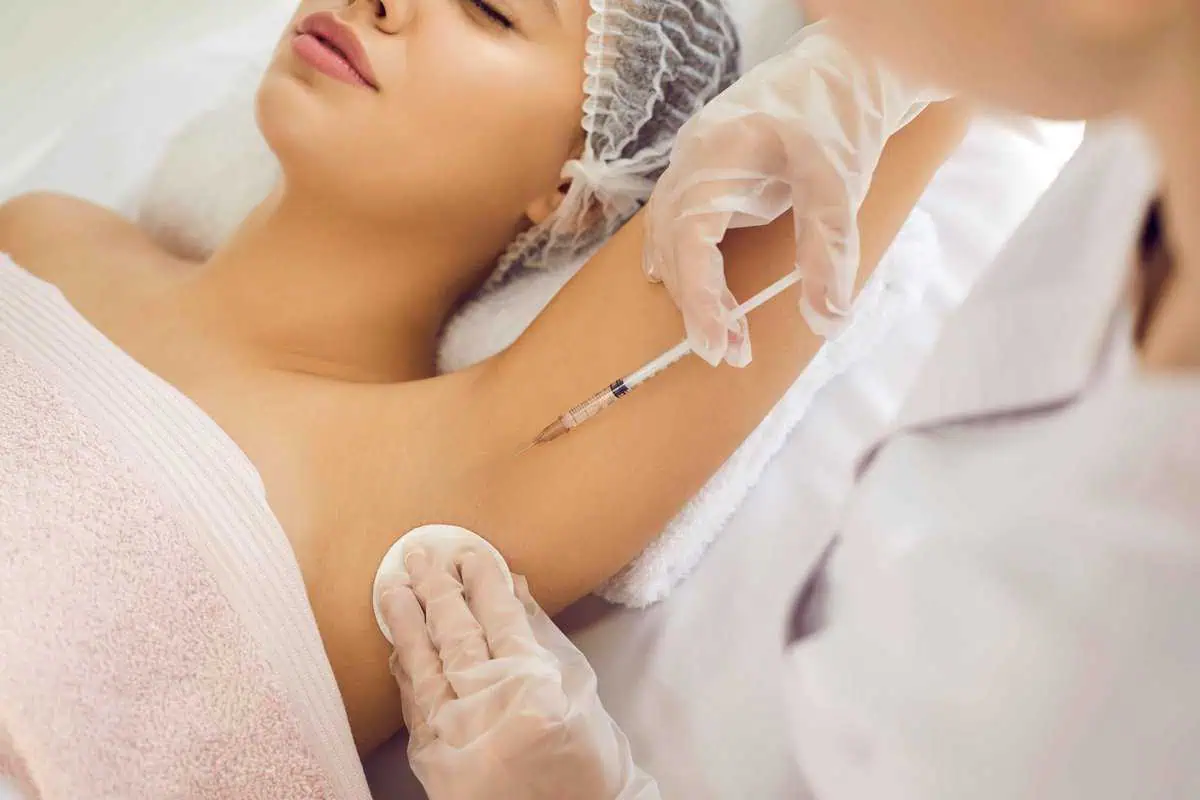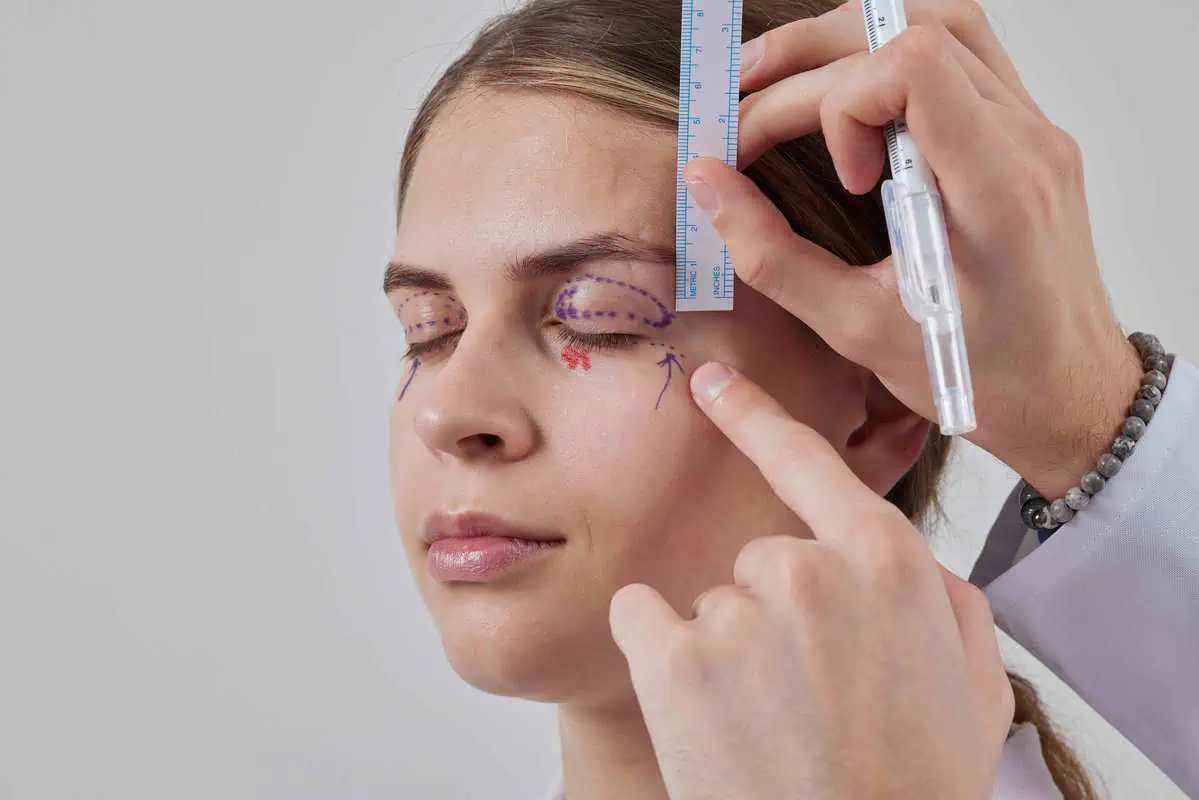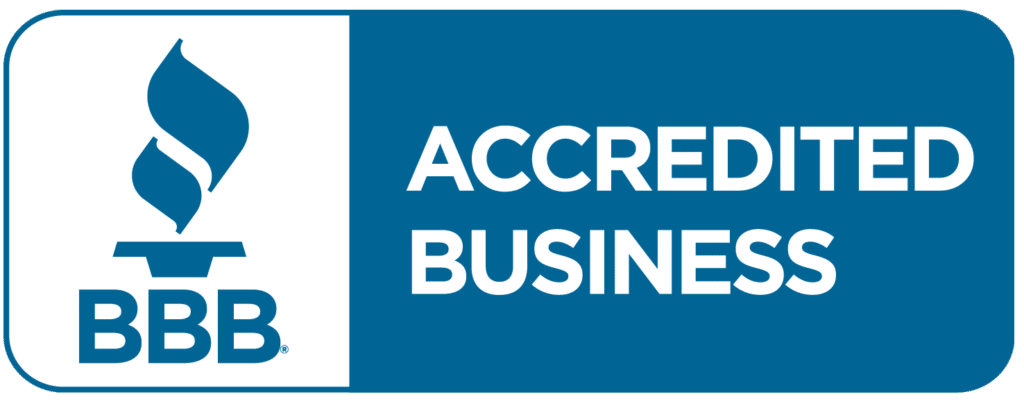With the World Health Organization, Missouri, and St. Louis all declaring monkeypox a health crisis, you may be feeling concerned about this rare disease, especially as case numbers tick upward in the U.S. and beyond.
Unlike the coronavirus that causes COVID-19, monkeypox is a known virus that has been studied for decades. Scientists know how this disease behaves and how you can protect yourself. Monkeypox is not nearly as contagious as the virus that causes COVID-19, doesn’t spread easily among humans, and is seldom fatal.
That said, the disease can be very painful, and researchers also are noting some unusual trends in the current outbreak.
Here’s what you should know about monkeypox, including who’s at risk, how to avoid catching it, and what to do if you think you or someone you love might be infected. I’ve also assembled a list of trusted public health resources to connect you with the most up-to-date information on monkeypox.
What’s monkeypox?
Part of the same family of viruses as smallpox, monkeypox is typically found in parts of West and Central Africa. Until recently, almost all other cases were linked to travel to the African continent, where rodents—not monkeys—are thought to carry the virus and sometimes infect humans. Smallpox and monkeypox are caused by orthopoxviruses.
The current outbreak is different. In North America and elsewhere, healthcare providers are seeing cases unrelated to travel.
Unlike smallpox, monkeypox is rarely fatal, and most cases will clear up on their own without treatment in a few weeks. The telltale rash can cause distress, however, so it’s important to know how the illness spreads and to protect yourself and others.
How does it spread?
People with monkeypox are only contagious when they have symptoms, which makes monkeypox a lot easier to avoid than COVID-19.
Also, in contrast to the coronavirus, it’s not easy to catch monkeypox just by breathing. It will only spread through the air if you have prolonged contact, like cuddling or talking closely, with somebody who is infected.
Monkeypox is most easily transmitted when bodily fluids are exchanged, such through kissing or having sex with someone who’s infected or by touching their rash or scabs. Touching things that have traces of their fluid—clothes, towels, or sheets—could also get you sick.
To date, most monkeypox patients in the St. Louis metropolitan area self-identify as men who have sex with men (M4M), but it is not exclusive to M4M. The disease may be spreading locally through sexual contact, but anyone who’s been in close contact with someone who has monkeypox is at risk.
What happens if I get infected?
Most people will notice flu-like symptoms (such as fever and muscle aches) and may get headaches and swollen lymph nodes.
Next comes the disease’s characteristic rash, which appears within about three days and often shows up on the face or genitals before spreading. A rash is always present in monkeypox, even when other symptoms vary.
There’s almost never a reason to go to the ER for monkeypox. If you think you may have it, get in touch with your primary care provider, call urgent care, or make an appointment at one of the St. Louis City or County Health Departments.
Before you head in to see any clinical care provider, call ahead so the staff can prepare. Make sure you cover any rash areas with clothing and wear a mask.
To determine if you have monkeypox, you might be asked to take a test, which will be sent to a lab. If you test positive, your provider will talk to you about options, which may include investigational treatments.
Because they’re currently in limited supply, aren’t standardized and don’t make sense for every case, these medications won’t be offered to all patients, but your provider will be able to recommend the best course of action to support you based on the most up-to-date guidelines. Remember that most people with monkeypox usually recover without the need for any investigational treatments.
Hospitalization has been rare in the current outbreak. To date, no deaths have been reported from monkeypox in the U.S. But since the monkeypox rash can be painful and can cause permanent scarring, follow the latest guidelines to protect yourself.
How can I protect myself?
The good news is that there’s a lot you can do to avoid catching monkeypox—and it’s very similar to what you’ve been doing to protect yourself from COVID-19. Avoid close contact with anyone who has symptoms and make sure you wash your hands often.
If you live with someone who’s got monkeypox, follow advice on home hygiene (PDF) to prevent transmission. Public health agencies are offering up-to-date details about monkeypox (see links below).
If you’re sexually active, the Centers for Disease Control and Prevention has a brief video with clear advice on steps you can take to reduce your risk.
Are there treatments and vaccines?
The state’s health department, the Missouri Department of Health and Senior Services (DHSS), has designated St. Louis County Health Department to act as the region’s vaccine hub for St. Louis City and St. Louis County, St. Charles, and Jefferson County. DHSS works with federal health agencies to access doses and determine who’s eligible. DHSS has set up a public survey to identify people who are at high risk for contracting monkeypox and may qualify for the initial round of doses.
The smallpox/monkeypox vaccine (JYNNEOS™) can prevent smallpox, monkeypox, vaccinia, and other diseases caused by orthopoxviruses. The vaccine is made using weakened live vaccinia virus and cannot cause smallpox, monkeypox, or any other disease. JYNNEOS™ is approved by the Food and Drug Administration (FDA) for prevention of smallpox and monkeypox disease in adults 18 years or older at high risk for smallpox or monkeypox infection. The CDC recommends JYNNEOS™ for certain laboratory workers and emergency response team members who might be exposed to the viruses that cause orthopoxviruses infections. The CDC also recommends consideration of the vaccine for people who administer ACAM2000®, another type of smallpox vaccine, or who care for patients infected with orthopoxviruses. JYNNEOS™ is usually administered as a series of 2 injections, 4 weeks apart. People who have received smallpox vaccine in the past might only need 1 dose. Booster doses are recommended every 2 or 10 years if a person remains at continued risk for exposure to smallpox, monkeypox, or other orthopoxviruses.
You also may have heard about a treatment called tecovirimat. This antiviral drug—which is approved only for smallpox—is considered investigational for monkeypox. That means there is reason to believe it may work in some cases, but there is no proof that it does.
That said, tecovirimat is available only by prescription and must be released from the U.S. Strategic National Stockpile at the request of a patient’s local or state health department.
That doesn’t mean there’s nothing you can do if you have milder symptoms, like irritation due to the rash. Your provider can offer treatments that are not specific to monkeypox but that may help alleviate the symptoms, like prescription mouth rinses, stool softeners for those with rectal pain, or topical gels or creams.
Resources
You can stay up to date on monkeypox and learn more about the virus, the current outbreak, vaccination, treatments and more from any of these trusted healthcare resources.
· Centers for Disease Control and Prevention (CDC)
· Missouri Department of Health and Senior Services (DHSS)
· Saint Louis City Department of Health










